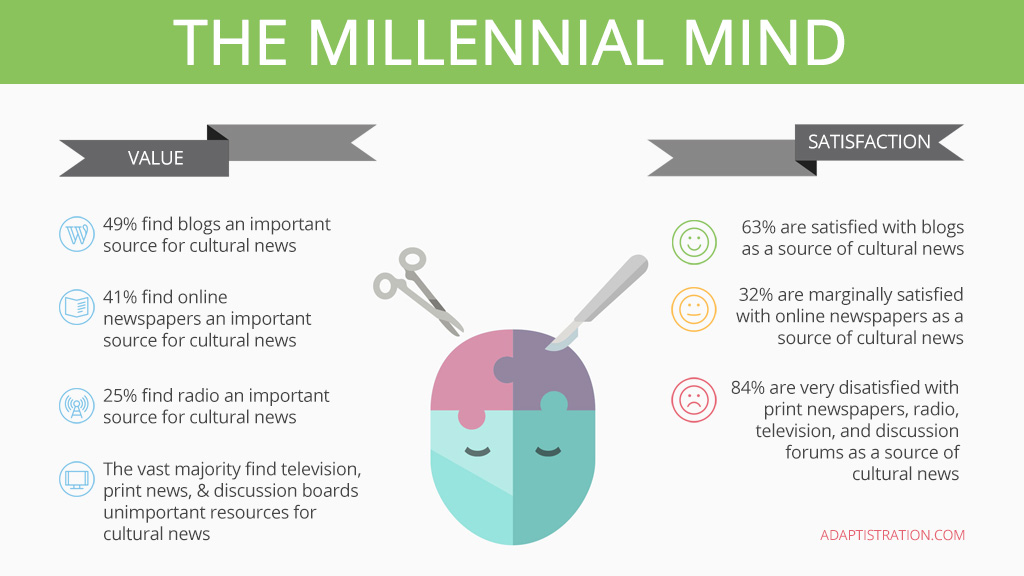I was pleased to recently receive a reader response to a published reader response. It shows us all when we have a topic that is interesting and communication that is worth continuing. Canadian born and trained Robert Gloor, Executive Director for Orchestra London, wrote in to share his observations about the positive effects of free concerts and community outreach in response to Robert from DC’s remarks.
In London, Ontario, a city of 350,000, our free and low-cost concerts in the community definitely help us to reach a broader demographic and increase our profile across the region. We’ve received a great deal of recognition for the work that we are doing in the community, and we recognize the link between the city’s small size and the abundant opportunities for the orchestra to connect with the people.
In my previous position at the Edmonton Symphony Orchestra, where the population is double that of London but still small compared to Toronto or Montreal, we did extensive demographic analysis of our various concert series and festivals with the help of Statistics Canada. While the research showed that each major series in the concert hall tended to draw from a particular demographic range, the ESO’s five-day festival in the park drew an audience so broad that it could be defined only as a cross-section of Edmonton’s very diverse community. When inclement weather forced the festival into the indoor comfort of Winspear Centre one season, we witnessed the excitement of thousands of festival goers who had never been in our marvelous hall! We may not have predicted this phenomenon if we had only eyeballed the festival audience, as Robert from DC did at the Central Park Concerts, since many of them look surprisingly like Pops or Lighter Classics subscribers.
Clearly, community accessible concerts have helped these two Canadian orchestras strengthen both reach and reputation in their markets. It’s hard to imagine that the same types of activities would be simply redundant in Chicago or New York, let alone any smaller centre.
Robert makes a good point about looking for solutions from the ground up as opposed to the top down. I enjoyed his comments and the more I hear from our Canadian partners the more I like their approach. First, there was Orchestra Canada’s wonderfully candid report on the status of the Canadian orchestra industry, and now Roberts’s observations from his own management experience. Keep those observations coming in!


